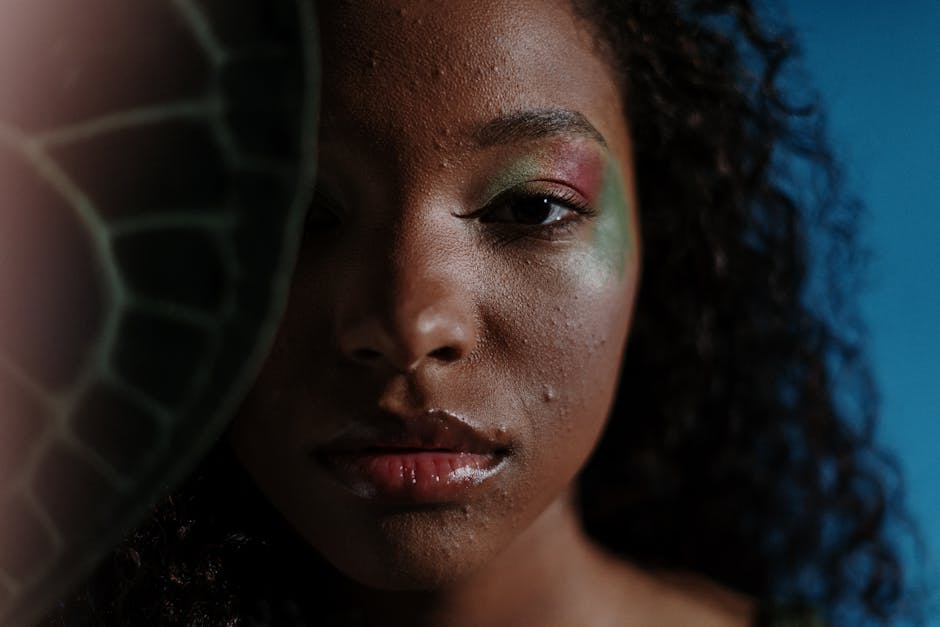Acne is a common skin condition that affects people of all ages, causing inflammation and blemishes on the face, back, chest, and other areas of the body. While there is no one-size-fits-all cure for acne, there are a number of effective treatments available to help reduce and prevent breakouts. In this guide, we will explore the causes of acne and provide a comprehensive plan for achieving clear, healthy skin.
**Understanding Acne**
Acne occurs when hair follicles become clogged with sebum, a natural oil produced by the skin. This excess sebum can trap bacteria, leading to inflammation and the formation of pimples, blackheads, and whiteheads. The severity of acne can vary from mild to severe, and it can be influenced by factors such as hormones, diet, stress, and certain medications.
**Treatment Options**
The treatment for acne depends on the severity of the condition. Mild acne can often be managed with over-the-counter products containing ingredients such as salicylic acid, benzoyl peroxide, or retinol. For more severe cases, prescription medications such as antibiotics, retinoids, or hormonal therapies may be necessary.
**Topical Treatments**
Topical treatments are applied directly to the skin to kill bacteria, reduce inflammation, and unclog pores. Some common topical treatments include:
* Salicylic acid: This ingredient helps to exfoliate the skin and reduce excess sebum production.
* Benzoyl peroxide: This antibacterial agent kills bacteria that contribute to acne.
* Retinol: A derivative of vitamin A, retinol helps to unclog pores and promote cell turnover.
**Oral Medications**
Oral medications can be prescribed by a doctor to treat more severe acne. These medications include:
* Antibiotics: These medications kill bacteria that cause acne.
* Retinoids: These medications reduce sebum production and unclog pores.
* Hormonal therapies: These medications are used to regulate hormone levels that can contribute to acne.
**Lifestyle Modifications**
In addition to topical and oral treatments, lifestyle modifications can also help to improve acne. These modifications include:
* Washing your face twice a day with a gentle cleanser.
* Avoiding harsh scrubs or exfoliants that can irritate the skin.
* Using non-comedogenic skincare products that do not clog pores.
* Eating a healthy diet that includes plenty of fruits, vegetables, and whole grains.
* Managing stress through activities such as exercise, yoga, or meditation.
**Preventing Acne**
Preventing acne is not always possible, but there are certain steps you can take to reduce your risk of breakouts. These steps include:
* Washing your face twice a day.
* Using a gentle cleanser and avoiding harsh scrubs.
* Avoiding touching your face.
* Changing your pillowcase frequently.
* Managing stress.
**Conclusion**
Acne is a common skin condition that can have a significant impact on self-esteem and quality of life. While there is no single cure for acne, there are a number of effective treatments available to help reduce and prevent breakouts. By following the tips and recommendations outlined in this guide, you can achieve clear, healthy skin and enjoy a renewed sense of confidence.

